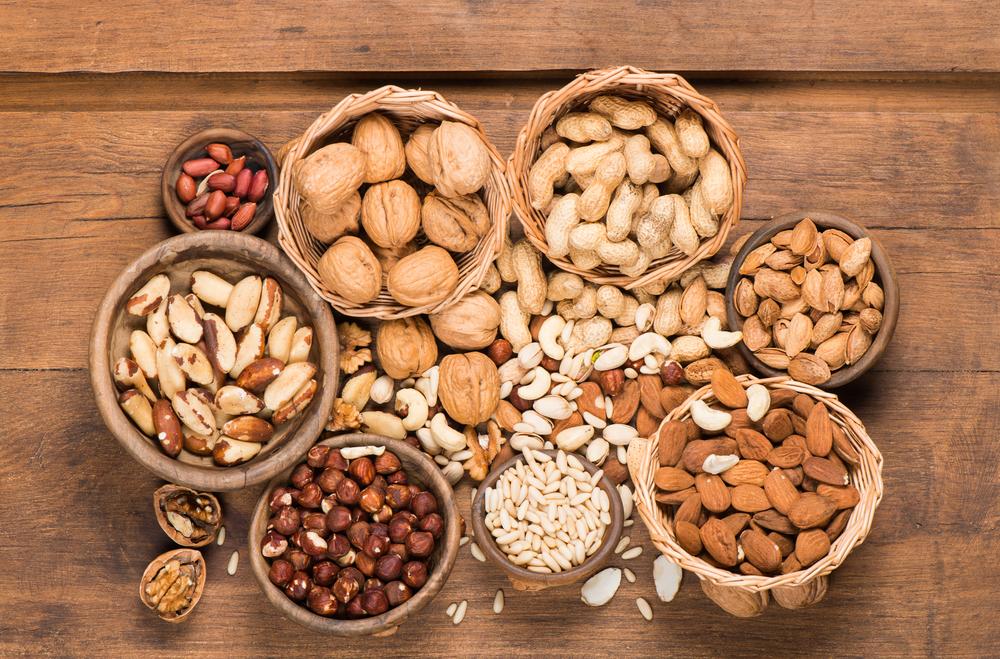
7 Foods to Avoid With Asthma
The Centers for Disease Control and Prevention reports that 25 million Americans have asthma, that is 1 in 13 people, and the numbers are increasing every year. Asthma is a disease that causes narrowing and swelling of the airways, produces extra mucus, and leads to restrictions in breathing. Symptoms of asthma include trouble breathing, coughing, whistling or wheezing when you exhale, trouble sleeping due to shortness of breath, and tightness in the chest.
Symptoms often get worse when the person has a cold or flu. There are certain factors that increase the likelihood of getting asthma:
- Family history
- Prior respiratory issues
- Smoking or vaping
- Pollution and exposure to toxins in the workplace
- Adult and childhood obesity
There is a connection between asthma and food allergies. Foods that cause an allergy in a person can also trigger an asthma attack. Common trigger foods for asthma include:
1. Shellfish
Prepared and frozen shellfish contain sulfites that can trigger an asthma attack. Shrimp is the most common culprit, but doctors also recommend for asthma patients to stay away from crab, crayfish, lobster, oysters, clams, mussels, snails, squid and octopus. Even a tiny bit can trigger an asthma attack, so it is important to know if shellfish is part of an appetizer, mixture or broth you are eating.
2. Nuts
Nut allergies have been increasing in prevalence. Fifteen to 22 percent of children outgrow their nut allergy by the time they reach their teen years, but most do not outgrow the allergy. Researchers found that children who have a nut allergy are more likely to develop asthma earlier than children without a peanut allergy. Exposure to nuts can be very dangerous for people with asthma.
3. Eggs
One of the most common food allergies, eggs and egg product food allergies impact millions. The allergy is a reaction to the proteins in the eggs. The good news is that many kids start off with an egg allergy that they outgrow. For people with asthma if their egg allergy continues it may set off an asthma attack.
4. Wheat and gluten
Wheat contains globulin and albumin which can cause an allergic or asthmatic reaction. If you have a gluten intolerance you are susceptible to asthma. When you eat gluten your body’s immune system creates antibodies that attack it and cause an asthma trigger.
5. Salt
High sodium diets can impact your asthma. Increased salt causes inflammation and flow of oxygen to the blood. If you have asthma, consider cutting out salt or sticking to a low sodium diet.
6. Dairy
Although drinking milk doesn’t cause asthma, if you have a milk allergy it can lead to coughing, wheezing, and other respiratory symptoms triggering an asthma attack. According to the National Institutes of Health, 45 percent of kids who suffer from asthma also have a dairy allergy. Dairy can lead to an attack because it causes mucus in your body to build up. Many foods contain milk and dairy so it is important to read labels. Alternatives to milk include soy, oat, coconut and almond milk.
7. Sulfites
Sulfites is an additive that can extend the shelf life of foods but can be very dangerous if you have asthma. Sulfite is found in wine, pickles, dried fruits, lemon juice, lime juice, maraschino cherries. If you have asthma you should eat foods with sulfites.
Although there is currently no cure for asthma the disease can be managed with preventative measures and treatment.


